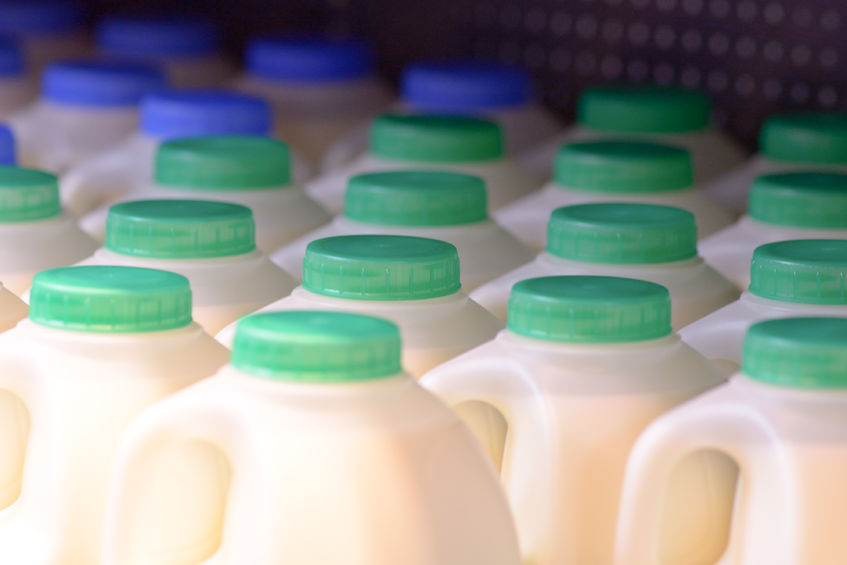
Dairy markets look set for some disruption in the new year, regardless of what type of trade deal is agreed with the EU, new analysis by AHDB shows.
Once the UK becomes a third country in terms of trade, all dairy exports to the continent will face additional administrative requirements.
These will include customs declarations, border checks, and, for any product of animal origin such as dairy, an export health certificate (EHC).
According to AHDB, this will particularly affect fresh dairy products, and could lead to pressure on prices of bulk cream and skim concentrate.
The British dairy market currently balances the supply of excess products through exports to the continent, the levy organisation notes.
Bulk cream and skim milk concentrate are exported to the EU when there is a lack of processing capacity to convert into butter or powder, or when prices on the EU market are more attractive than they are in the UK.
Patty Clayton, AHDB Dairy lead analyst, said: "This trade allows the GB market to balance domestic demand to supply, and helps keep domestic pricing in line with EU markets.
"From 1 January, 2021, the need to have an EHC for each load destined for the EU could disrupt this trade, due to added cost and time needed.
"The very nature of these trades, selling fresh product, which is surplus to immediate requirements, means they are done on short notice and require a quick turnaround.
"The likelihood of having access to a qualified vet to sign off the EHC in time, could make the process untenable."
Without the ability to balance the domestic market, any surplus volumes would need to be diverted to alternative uses, Ms Clayton said.
For bulk cream, surpluses could go into butter, and prices would align with the equivalent value of butter.
Currently, bulk cream is attracting a premium due to higher prices available on the EU export market.
For skim concentrate, the surplus product would be more difficult to place as there is less capacity for processing this within GB.
"Capacity is particularly tight over the Christmas period and the spring flush," Ms Clayton explained.
"Without the ability to export surplus volumes due to time delays, there is a risk that some skim concentrate may need to be diverted into AD plants during these periods, reducing net returns for sellers."
